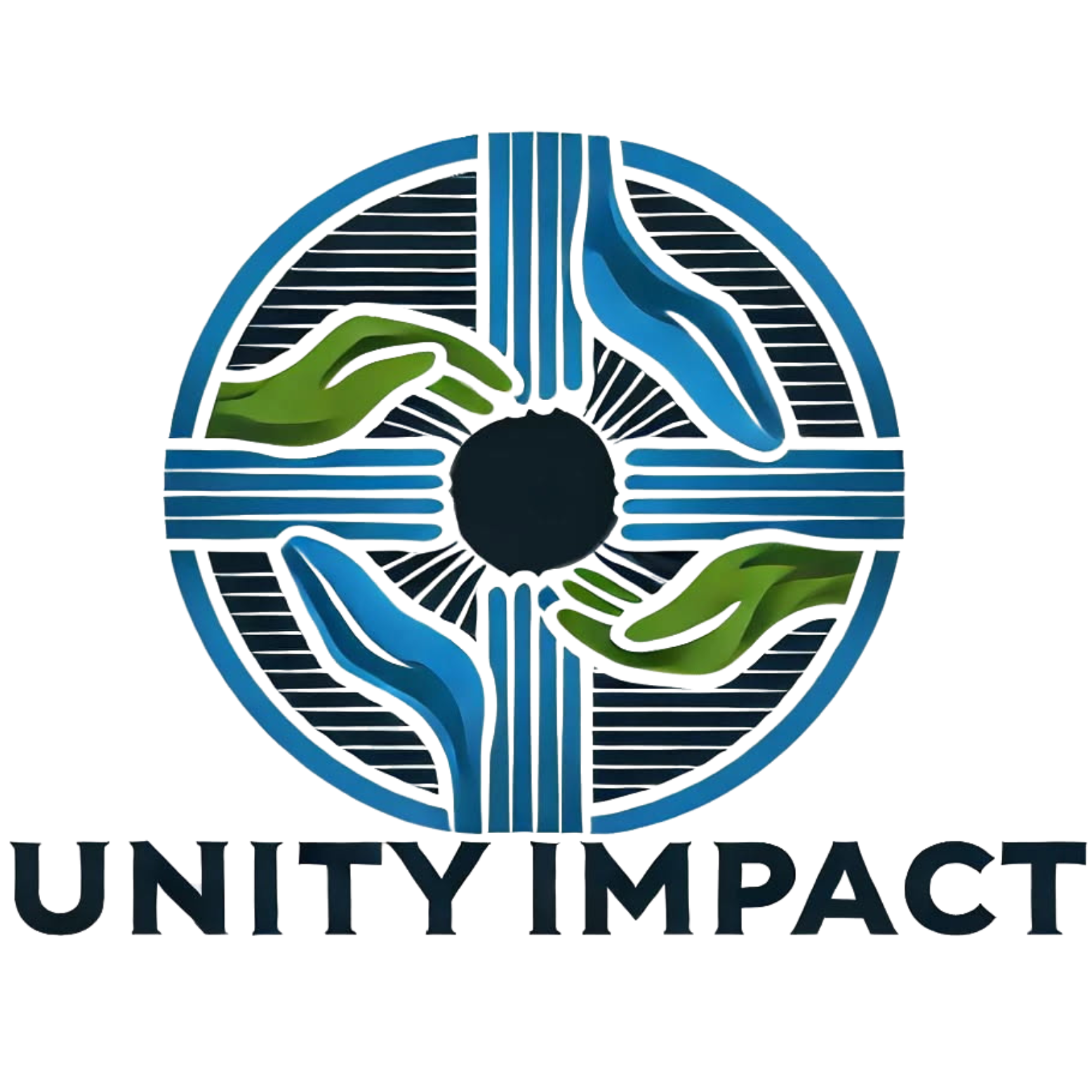Juneteenth Freedom Fest
The History of Juneteenth
Juneteenth is the oldest internationally celebrated commemoration of the ending of slavery in the United States. Dating back to 1865, it was on June 19th that the Union soldiers, led by Major General Gordon Granger, landed at Galveston, Texas, with news that the war had ended and that the enslaved were now free. Note that this was two and a half years after President Lincoln’s Emancipation Proclamation, which had become official January 1, 1863. The Emancipation Proclamation had little impact on the Texans due to the minimal number of Union troops to enforce the new Executive Order. However, with the surrender of General Lee in April of 1865 and the arrival of General Granger’s regiment, the forces were finally strong enough to influence and overcome the resistance.
Later attempts to explain the two-and-a-half-year delay in receiving this important news have yielded several versions that have been handed down through the years. Often told is the story of a messenger who was murdered on his way to Texas with the news of freedom. Another is that the news was deliberately withheld by the enslavers to maintain the labor force on the plantations. And still another is that federal troops actually waited for the slave owners to reap the benefits of one last cotton harvest before going to Texas to enforce the Emancipation Proclamation. All of which, or none of these versions, could be true. Certainly, for some, President Lincoln’s authority over the rebellious states was in question. Whatever the reasons, conditions in Texas remained status quo well beyond what was statutory.
General Order Number 3
One of General Granger’s first orders of business was to read to the people of Texas, General Order Number 3, which began most significantly with:
“The people of Texas are informed that in accordance with a Proclamation from the Executive of the United States, all slaves are free. This involves an absolute equality of rights and rights of property between former masters and slaves, and the connection heretofore existing between them becomes that between employer and hired laborer.”
The reactions to this profound news ranged from pure shock to immediate jubilation. While many lingered to learn of this new employer-to-employee relationship, many left before these offers were completely off the lips of their former ‘masters’ – attesting to the varying conditions on the plantations and the realization of freedom. Even with nowhere to go, many felt that leaving the plantation would be their first grasp of freedom. North was a logical destination and for many it represented true freedom, while the desire to reach family members in neighboring states drove some into Louisiana, Arkansas and Oklahoma. Settling into these new areas as free men and women brought on new realities and the challenges of establishing a heretofore non-existent status for black people in America. Recounting the memories of that great day in June of 1865 and its festivities would serve as motivation as well as a release from the growing pressures encountered in their new territories. The celebration of June 19th was coined “Juneteenth” and grew with more participation from descendants. The Juneteenth celebration was a time for reassuring each other, for praying and for gathering remaining family members. Juneteenth continued to be highly revered in Texas decades later, with many former slaves and descendants making an annual pilgrimage back to Galveston on this date.
Juneteenth Festivities and Food
A range of activities were provided to entertain the masses, many of which continue in tradition today. Rodeos, fishing, barbecuing, and baseball are just a few of the typical Juneteenth activities you may witness today. Juneteenth is almost always focused on education and self-improvement. Thus, often, guest speakers are brought in, and the elders are called upon to recount the events of the past. Prayer services were also a major part of these celebrations.
Certain foods became popular and subsequently synonymous with Juneteenth celebrations, such as strawberry soda pop. More traditional and just as popular was the barbecuing, through which Juneteenth participants could share in the spirit and aromas that their ancestors – ancestors-the newly emancipated African Americans-would have experienced during their ceremonies. Hence, the barbecue pit is often established as the center of attention at Juneteenth celebrations.
Food was abundant because everyone prepared a special dish. Meats such as lamb, pork, and beef, which were not available every day, were brought on this special occasion. A true Juneteenth celebration left visitors well satisfied and with enough conversation to last until the next.
Dress was also an important element in early Juneteenth customs and is often still taken seriously, particularly by the direct descendants who can make the connection to this tradition’s roots. During slavery there were laws on the books in many areas that prohibited or limited the dressing of the enslaved. During the initial days of the emancipation celebrations, there are accounts of former slaves tossing their ragged garments into the creeks and rivers and adorning themselves with clothing taken from the plantations belonging to their former ‘masters’.
Juneteenth and Society
In the early years, little interest existed outside the African American community in participation in the celebrations. In some cases, there was outwardly exhibited resistance by barring the use of public property for the festivities. Most of the festivities found themselves out in rural areas around rivers and creeks that could provide for additional activities such as fishing, horseback riding, and barbecues. Often, church grounds were the site for such activities. Eventually, as African Americans became landowners, land was donated and dedicated for these festivities. One of the earliest documented land purchases in the name of Juneteenth was organized by Rev. Jack Yates. This fund-raising effort yielded $1000 and made possible the purchase of Emancipation Park in Houston, Texas. In Mexia, the local Juneteenth organization purchased Booker T. Washington Park, which had become the Juneteenth celebration site in 1898. There are accounts of Juneteenth activities being interrupted and halted by white landowners demanding that their laborers return to work. However, it seems most allowed their workers the day off, and some even made donations of food and money. For decades, these annual celebrations flourished, growing continuously with each passing year. In Booker T. Washington Park, as many as 20,000 African Americans once attended during the course of a week, making the celebration one of the state’s largest.
Juneteenth Celebrations Decline
Economic and cultural forces led to a decline in Juneteenth activities and participants beginning in the early 1900s. Classroom and textbook education in lieu of traditional home and family-taught practices stifled the interest of the youth due to less emphasis and detail on the lives of former slaves. Classroom textbooks proclaimed Lincoln’s Emancipation Proclamation of January 1, 1863, as the date signaling the ending of slavery – and mentioned little or nothing of the impact of General Granger’s arrival on June 19th.
The Depression forced many people off the farms and into the cities to find work. In these urban environments, employers were less eager to grant leaves to celebrate this date. Thus, unless June 19th fell on a weekend or holiday, there were very few participants available. July 4th was already the established Independence holiday, and a rise in patriotism steered more toward this celebration.
Resurgence
The Civil Rights movement of the 50’s and 60’s yielded both positive and negative results for the Juneteenth celebrations. While it pulled many of the African American youth away and into the struggle for racial equality, many linked these struggles to the historical struggles of their ancestors. This was evidenced by student demonstrators involved in the Atlanta civil rights campaign in the early 1960s, who wore Juneteenth freedom buttons. Again in 1968, Juneteenth received another strong resurgence through the Poor People’s March to Washington, D.C., Rev. Ralph Abernathy’s call for people of all races, creeds, economic levels, and professions to come to Washington to show support for the poor. Many of these attendees returned home and initiated Juneteenth celebrations in areas previously absent of such activities. In fact, two of the largest Juneteenth celebrations founded after this March are now held in Milwaukee and Minneapolis.
Texas Blazes the Trail
On January 1, 1980, Juneteenth became an official state holiday through the efforts of Al Edwards, an African American state legislator. The successful passage of this bill marked Juneteenth as the first emancipation celebration granted official state recognition. Edwards has since actively sought to spread the observance of Juneteenth all across America.
Juneteenth In Modern Times
Today, Juneteenth is enjoying a phenomenal growth rate within communities and organizations throughout the country. Institutions such as the Smithsonian, the Henry Ford Museum, and others have begun sponsoring Juneteenth-centered activities. In recent years, a number of local and national Juneteenth organizations have arisen to take their place alongside older organizations, all with the mission to promote and cultivate knowledge and appreciation of African American history and culture.
Juneteenth today celebrates African American freedom and achievement while encouraging continuous self-development and respect for all cultures. As it takes on a more national, symbolic, and even global perspective, the events of 1865 in Texas are not forgotten, for all of the roots tie back to this fertile soil from which a national day of pride is growing.
The future of Juneteenth looks promising as the number of cities and states establishing Juneteenth committees continues to grow. Respect and appreciation for all of our differences grow out of exposure and working together. Getting involved and supporting Juneteenth celebrations creates new bonds of friendship and understanding among us. This indeed brightens our future – and that is the Spirit of Juneteenth.
On June 17th, 2021, President Joe Biden signed the Juneteenth National Independence Day Act into law, establishing Juneteenth as a federal holiday.
(Juneteenth.com, n.d.)
Credit: History of Juneteenth ©JUNETEENTH.com
Transcript of the Emancipation Proclamation
January 1, 1863
A Transcription
By the President of the United States of America:
A Proclamation.
Whereas, on the twenty-second day of September, in the year of our Lord one thousand
eight hundred and sixty-two, a proclamation was issued by the President of the United
States, containing, among other things, the following, to wit:
“That on the first day of January, in the year of our Lord one thousand eight hundred
and sixty-three, all persons held as slaves within any State or designated part of a
State, the people whereof shall then be in rebellion against the United States, shall be
then, thenceforward, and forever free; and the Executive Government of the United
States, including the military and naval authority thereof, will recognize and maintain the
freedom of such persons, and will do no act or acts to repress such persons, or any of
them, in any efforts they may make for their actual freedom.
“That the Executive will, on the first day of January aforesaid, by proclamation,
designate the States and parts of States, if any, in which the people thereof,
respectively, shall then be in rebellion against the United States; and the fact that any
State, or the people thereof, shall on that day be, in good faith, represented in the
Congress of the United States by members chosen thereto at elections wherein a
majority of the qualified voters of such State shall have participated, shall, in the
absence of strong countervailing testimony, be deemed conclusive evidence that such
State, and the people thereof, are not then in rebellion against the United States.”
Now, therefore I, Abraham Lincoln, President of the United States, by virtue of the
power in me vested as Commander-in-Chief, of the Army and Navy of the United States
in time of actual armed rebellion against the authority and government of the United
States, and as a fit and necessary war measure for suppressing said rebellion, do, on
this first day of January, in the year of our Lord one thousand eight hundred and sixty-
three, and in accordance with my purpose so to do publicly proclaimed for the full period
of one hundred days, from the day first above mentioned, order and designate as the
States and parts of States wherein the people thereof respectively, are this day in
rebellion against the United States, the following, to wit:
Arkansas, Texas, Louisiana, (except the Parishes of St. Bernard, Plaquemines, Jefferson, St.
John, St. Charles, St. James Ascension, Assumption, Terrebonne, Lafourche, St. Mary, St.
Martin, and Orleans, including the City of New Orleans) Mississippi, Alabama, Florida, Georgia,
South Carolina, North Carolina, and Virginia, (except the forty-eight counties designated as
West Virginia, and also the counties of Berkley, Accomack, Northampton, Elizabeth City, York,
Princess Ann, and Norfolk, including the cities of Norfolk and Portsmouth[)], and which excepted
parts, are for the present, left precisely as if this proclamation were not issued.
And by virtue of the power, and for the purpose aforesaid, I do order and declare that all
persons held as slaves within said designated States, and parts of States, are, and
henceforward shall be free; and that the Executive government of the United States, including
the military and naval authorities thereof, will recognize and maintain the freedom of said
persons.
And I hereby enjoin upon the people so declared to be free to abstain from all violence, unless
in necessary self-defence; and I recommend to them that, in all cases when allowed, they labor
faithfully for reasonable wages.
And I further declare and make known, that such persons of suitable condition, will be received
into the armed service of the United States to garrison forts, positions, stations, and other
places, and to man vessels of all sorts in said service.
And upon this act, sincerely believed to be an act of justice, warranted by the Constitution, upon
military necessity, I invoke the considerate judgment of mankind, and the gracious favor of
Almighty God.
In witness whereof, I have hereunto set my hand and caused the seal of the United States to be
affixed.
Done at the City of Washington, this first day of January, in the year of our Lord one thousand
eight hundred and sixty three, and of the Independence of the United States of America the
eighty-seventh.
By the President: ABRAHAM LINCOLN
WILLIAM H. SEWARD, Secretary of State.
Juneteenth Knowledge Quiz
The following 13 questions are designed to help students and parents create an awareness of
the Juneteenth Celebration. Also, these questions will help to start informed discussions on “Building New Family Traditions for African Americans” after the 1863 Emancipation
Proclamation. Juneteenth has two meanings:
1) Juneteenth marks the end of the period of enslavement, and
2) Juneteenth marks the beginning of the celebration of Freedom for the people who were once enslaved. Juneteenth became a federal holiday on June 17, 2021 when President Joe Biden signed the Juneteenth National Independence Day Act into law. Today,
African Americans are continuing to establish narratives surrounding the Black experience
within their families, churches, and communities. Juneteenth was discussed in the 1980s and
1990s as a time to celebrate activities and programs from June 19th until the day before July
4th, the nation’s Independence Day.
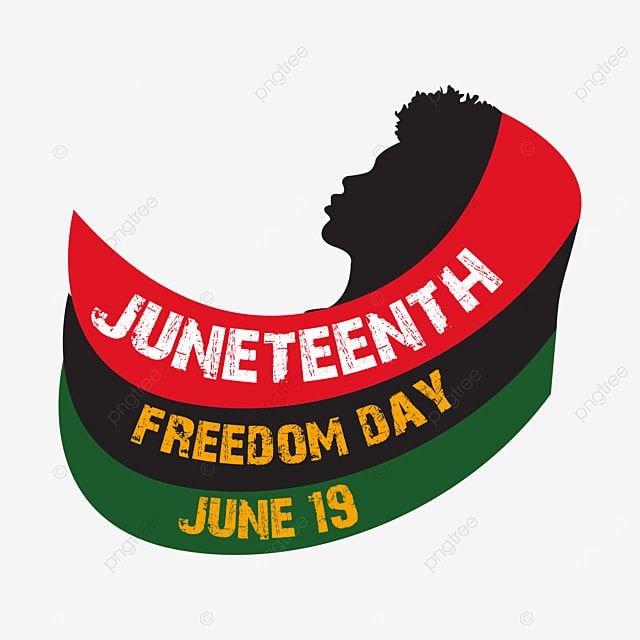
- How many colors have been established for the Juneteenth Celebration?
- One
- Two
- Three
- Four
- What are the three Pan-African colors for the Juneteenth flag?
- Red, white, and blue
- Red, black, and green
- Red, black, and yellow
- Red, green, and yellow
- Which year did slavery end in the United States?
- 1863
- 1865
- 1963
- 1965
- Did Abraham Lincoln issue the Emancipation Proclamation in 1863?
- Yes
- No
- Which tradition was started in the Black Church on December 31, 1862 at midnight and since January 1, 1863, it is still observed by most Black Churches?
- Freedom Day
- Juneteenth
- Watch Night Service
- Emancipation Day
- Why did Blacks turn Watch Night Service into a yearly observance tradition?
- They wanted to remember and to see freedom come into their lives.
- They wanted to Praise God for bring them out of enslavement
- They were thankful that Freedom had finally arrived for them
- All of the above
- Which date did Confederate General Robert E. Lee surrender at Appomattox Court House to Union General Ulysses S. Grant?
- April 9, 1863
- April 9, 1864
- April 9, 1865
- April 9, 1866
- Which date was Abraham Lincoln assassinated by John Wilkes Booth?
- April 14, 1863
- April 14, 1864
- April 14, 1865
- April 14, 1866
- What factors resulted in General Gordon Granger’s Juneteenth announcement?
- General Granger reads the proclamation establishing freedom
- After two and one half years from January 1863 to June 19, 1865
- The enslaved left plantations walking and began to look for relatives
- All of the above
- What did the 13th Amendment to the Constitution do to help Black people?
- The 13th Amendment was passed by Congress on January 31, 1865.
- The 13th Amendment was ratified by the states, December 6, 1865.
- The 13th Amendment officially ended slavery as a legal institution.
- All of the above
- What were the factors that led to the Civil War which lasted from 1861-64?
- The election of President Abraham Lincoln in 1860 and his policies
- The Southern States began to secede from the Union
- The Southern States wanted to protect their States’ Rights to slaves
- All of the above
- How many states seceded/withdrew from the Union of the United States?
- 11
- 12
- 13
- 14
- Which states seceded or broke away from the Union (United States) to form the Confederate States of America during the American Civil War?
- Alabama, Arkansas, Florida, Georgia, Mississippi, Louisiana, Texas
- Alaska, Arizona, Illinois, Maryland, New York, New Jersey, Ohio
- California, Idaho, Nebraska, Kansas, Oregon, Washington, Wyoming
- All of the above
Answers to this Quiz:
1) C 2) B 3) B 4) A 5) C 6) D 7) C 8) C 9)D 10) C 11)D 12) A 13) A
Recognition & Thanks to Dr. Hargrove
Unity Impact’s First Juneteenth Celebration:
A Day of Empowerment, Education, and Community
What a powerful and unforgettable day! Unity Impact’s first Juneteenth event was more than a celebration – it was a true reflection of community, heritage, and purpose. From the youngest child to our seasoned elders, we stood together as one family, honoring freedom and our continued journey toward equality.
A heartfelt thank you to Dr. Hargrove, whose wisdom and passion lit a fire in every heart present. Your message on the history and meaning of Juneteenth was more than a lesson – it was a call to action. You reminded us that freedom is not just a historical moment but a living movement. We are grateful for your dedication to educating and empowering us.
To everyone who showed up, served, supported, and celebrated – thank you. Unity is our strength, and this is only the beginning.
Together, we honor the past, embrace the present, and ignite the future.
Happy Juneteenth from Unity Impact!
Sincerely,
The Board Members of Unity Impact
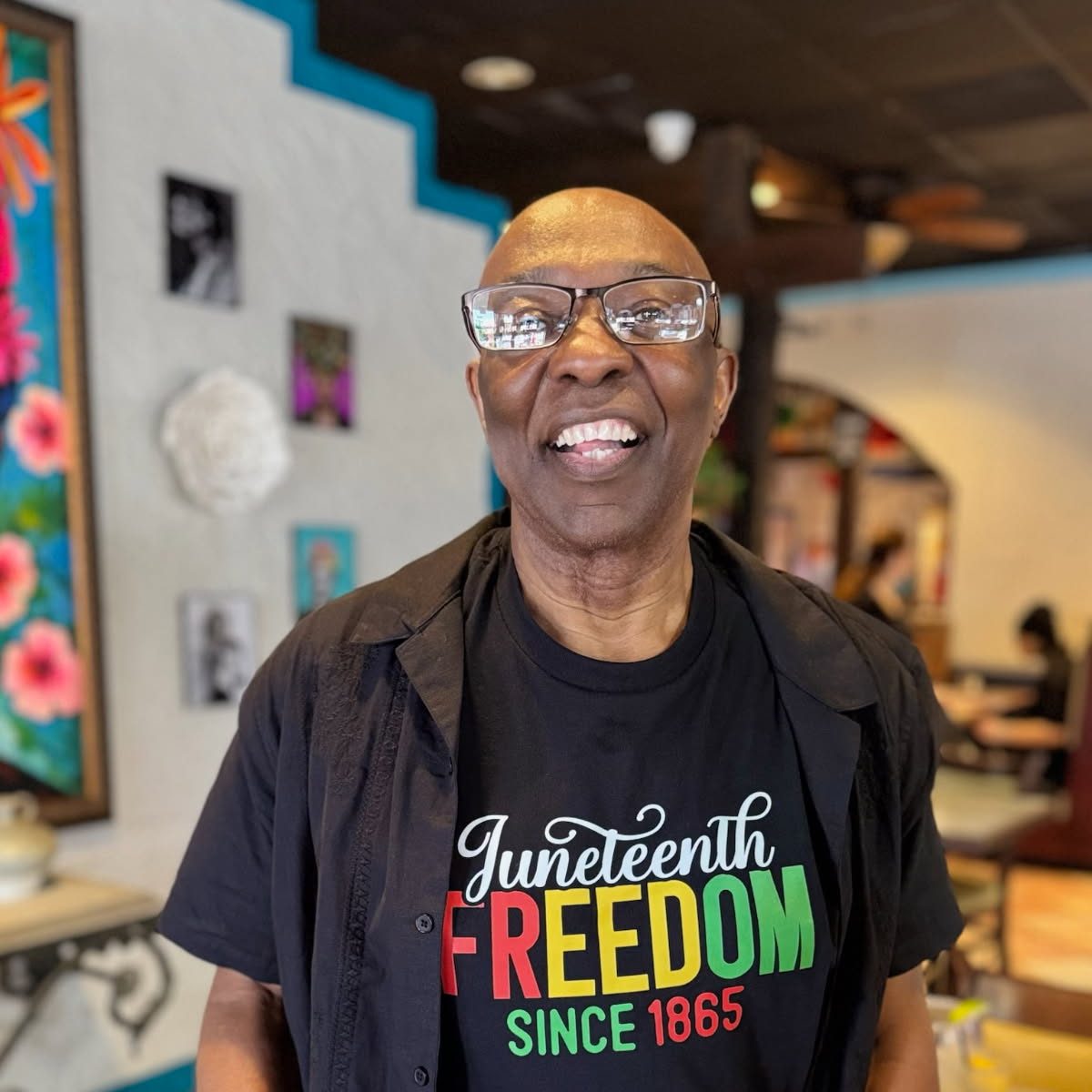
Discover Moments from Freedom Fest
This gallery features vibrant photos capturing the spirit and unity of our Juneteenth celebration.
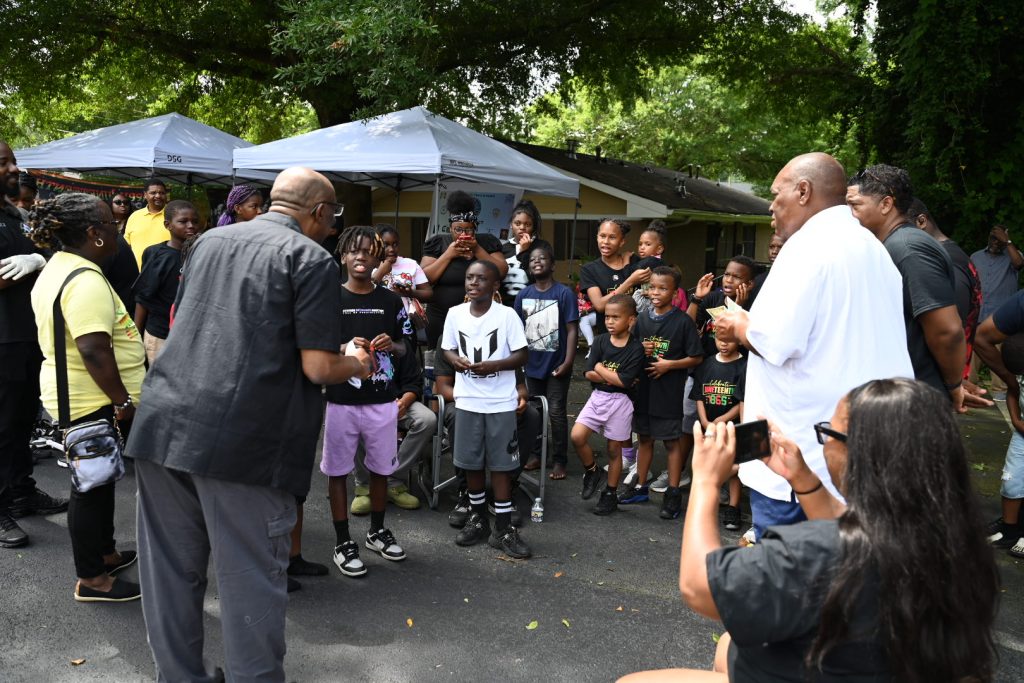
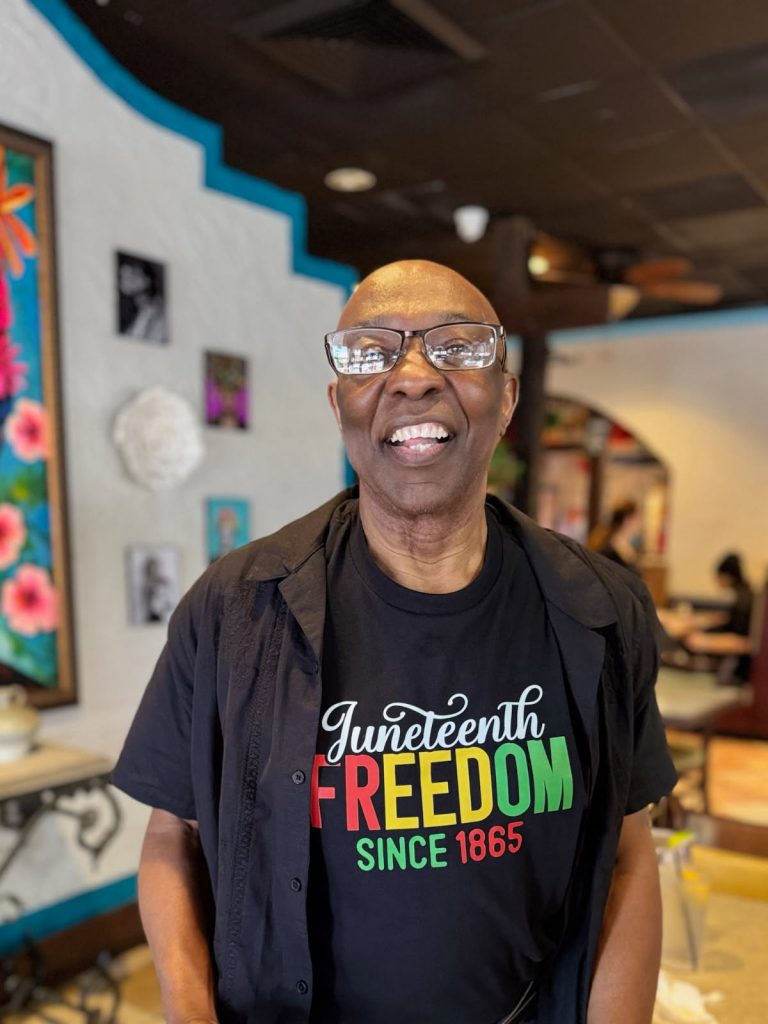
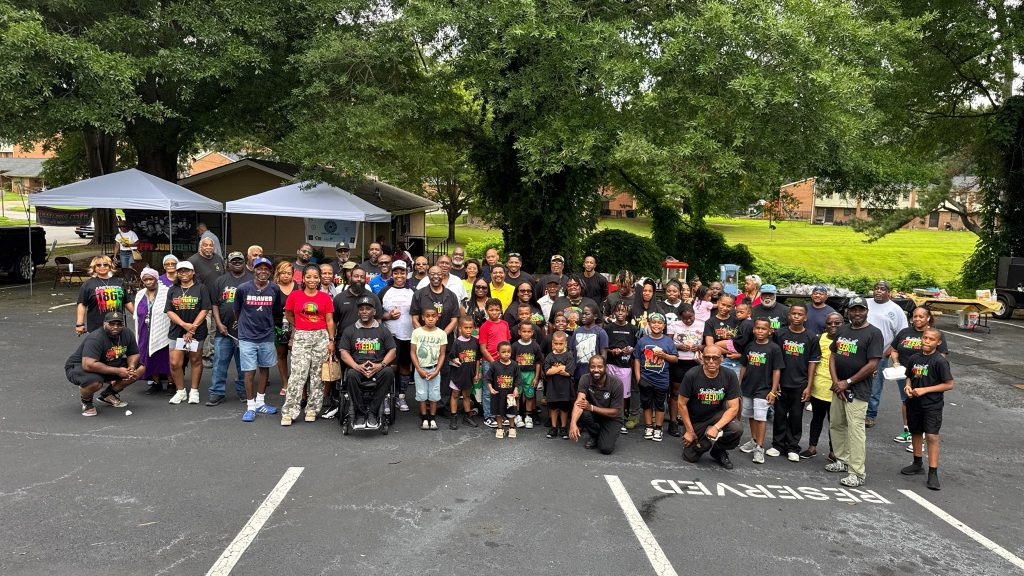
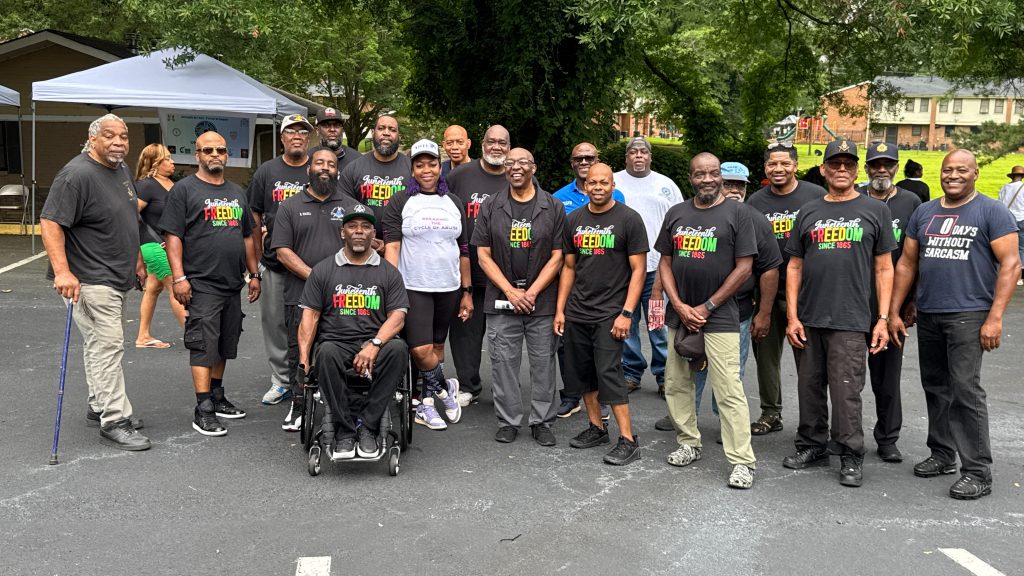
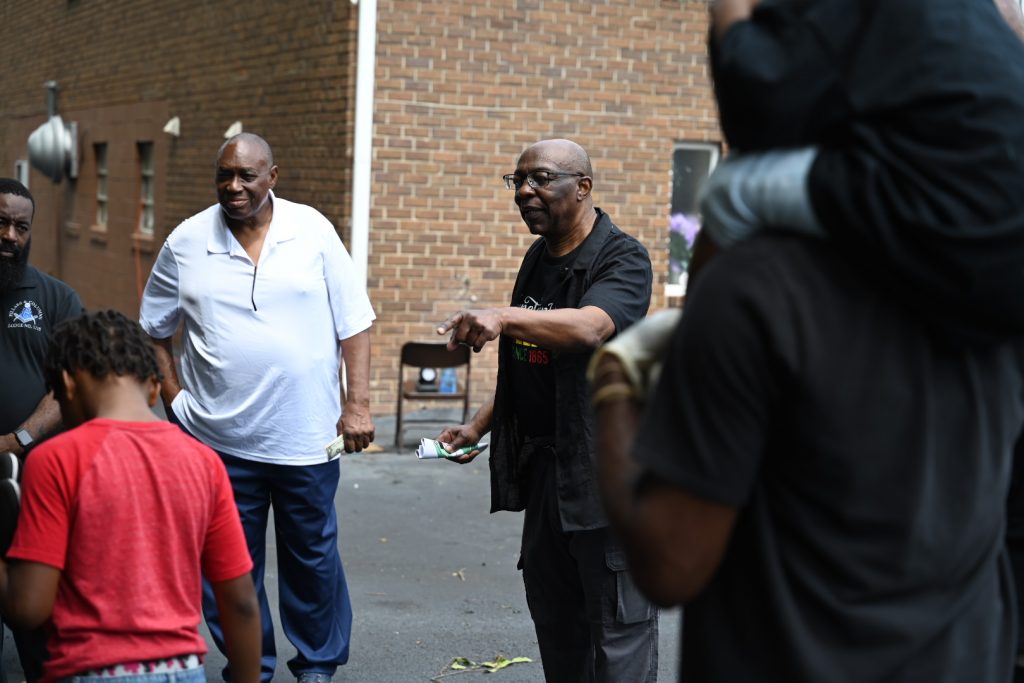
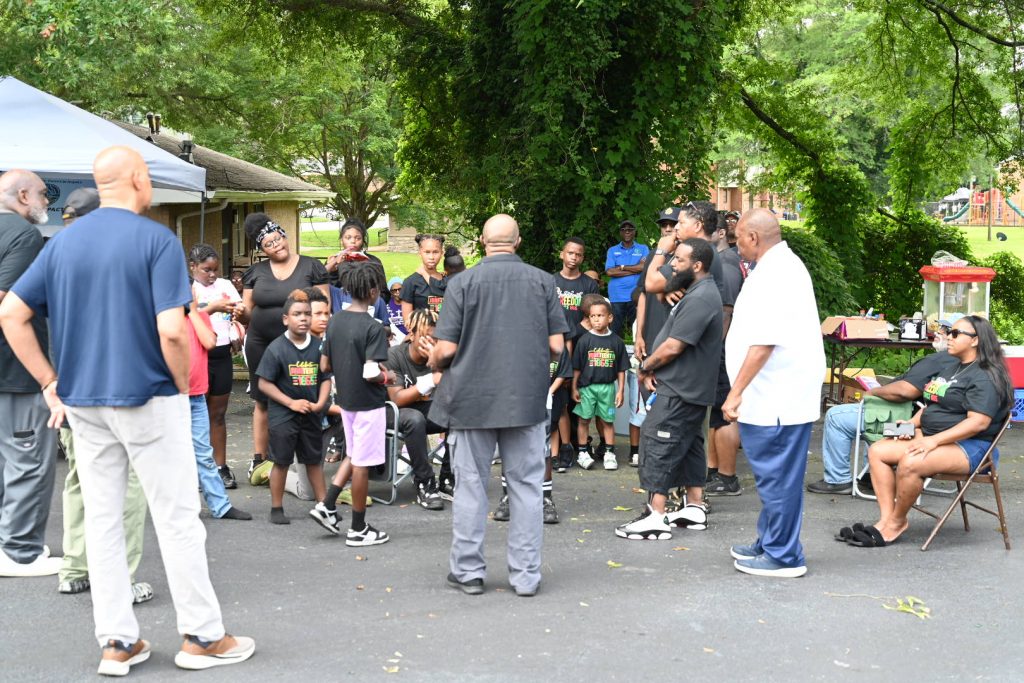
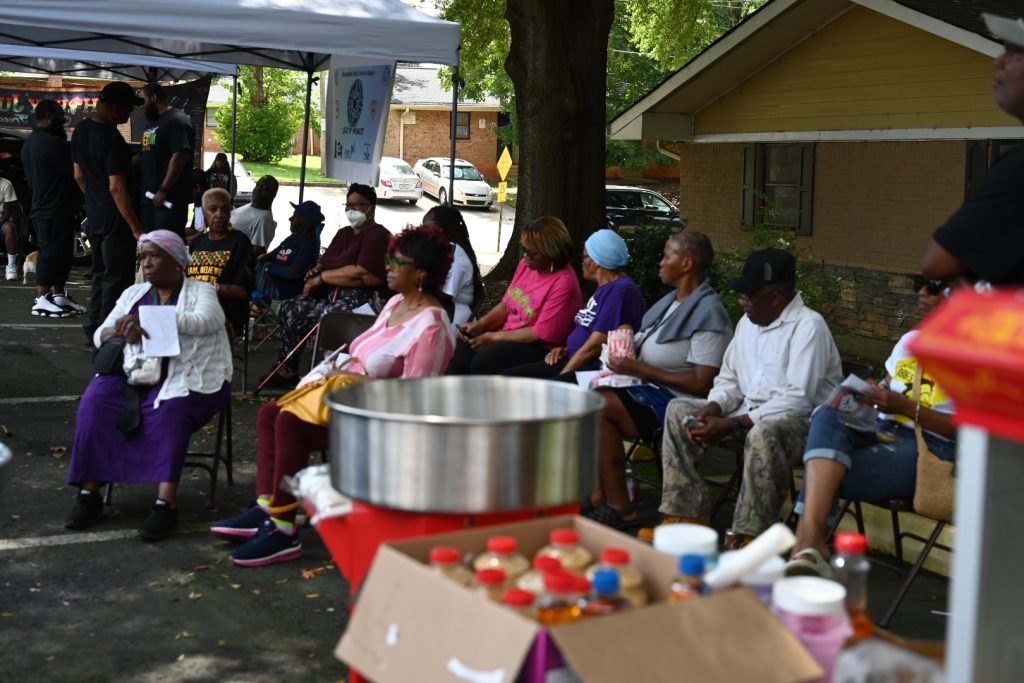
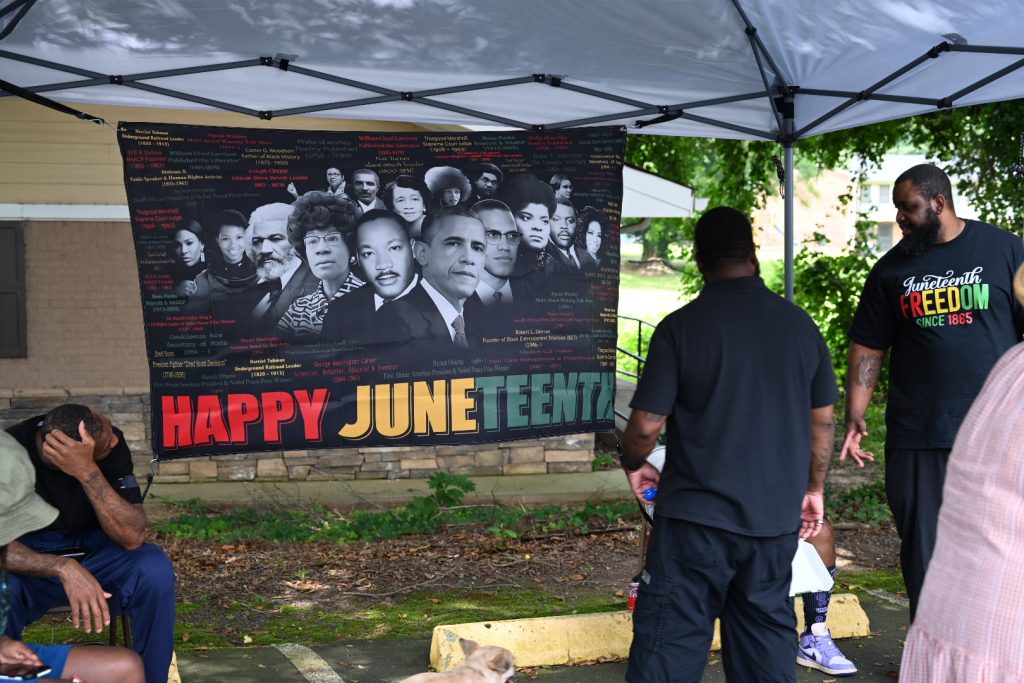

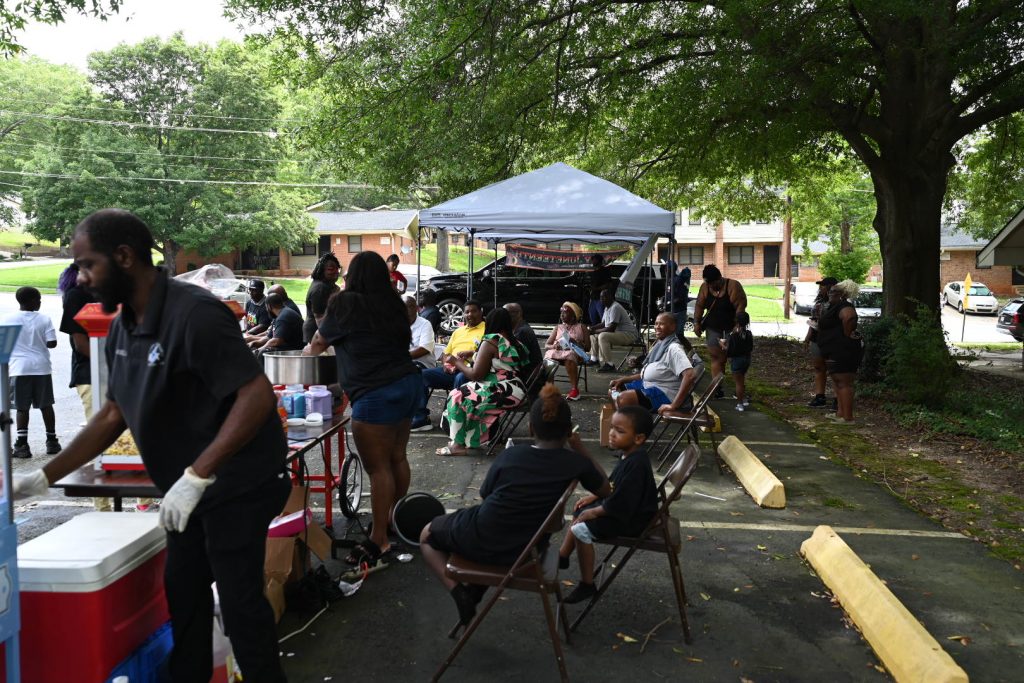
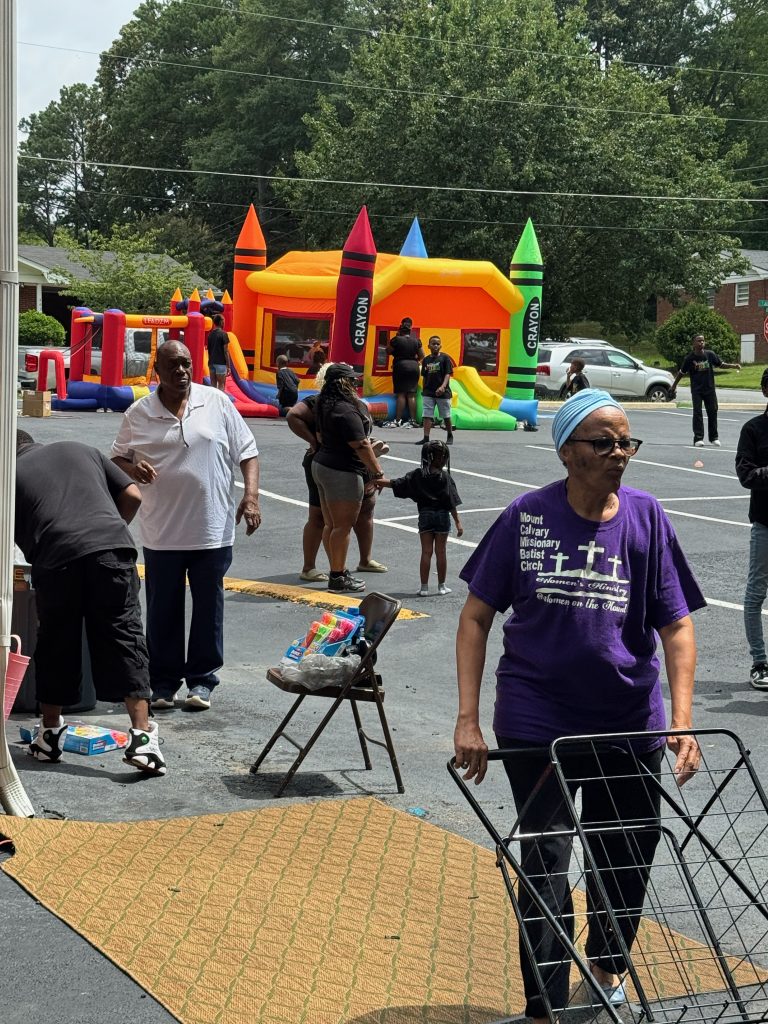
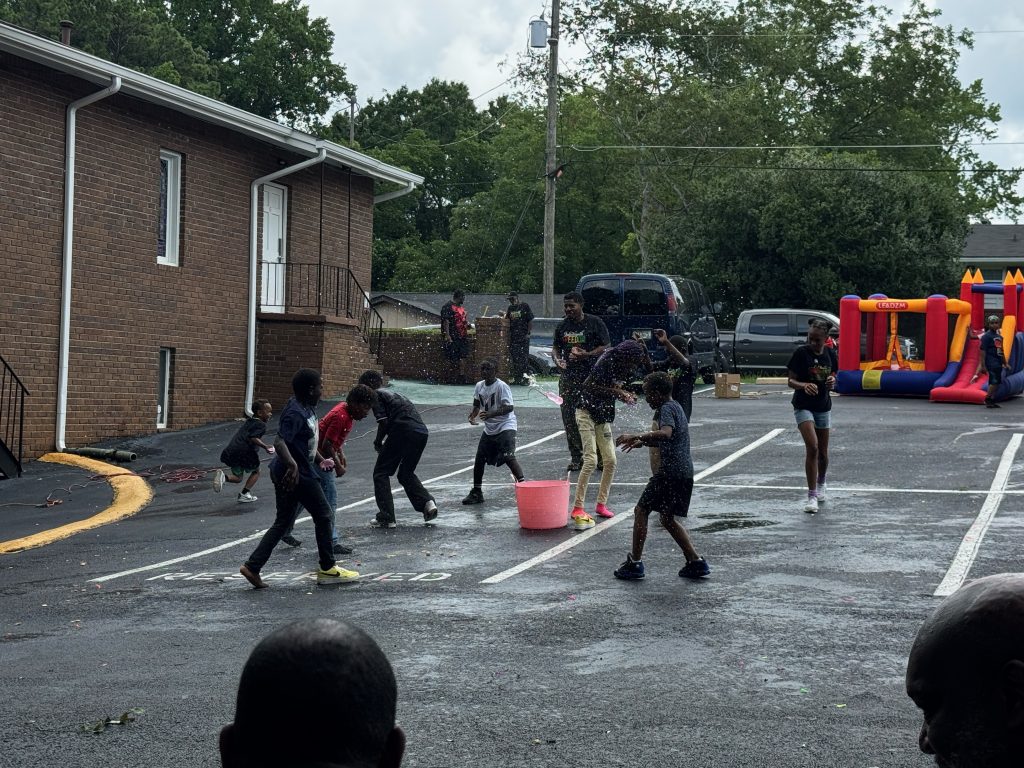
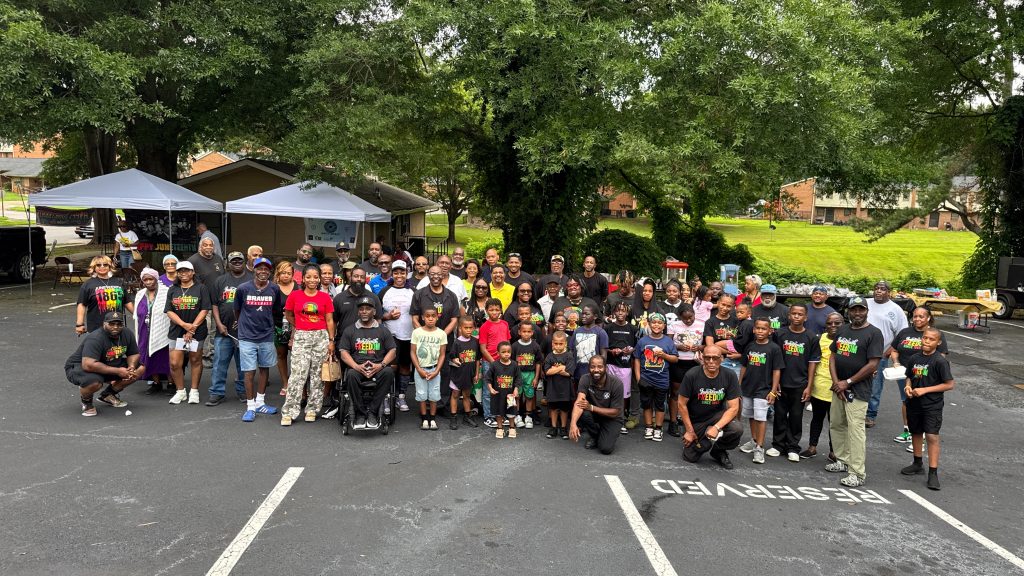
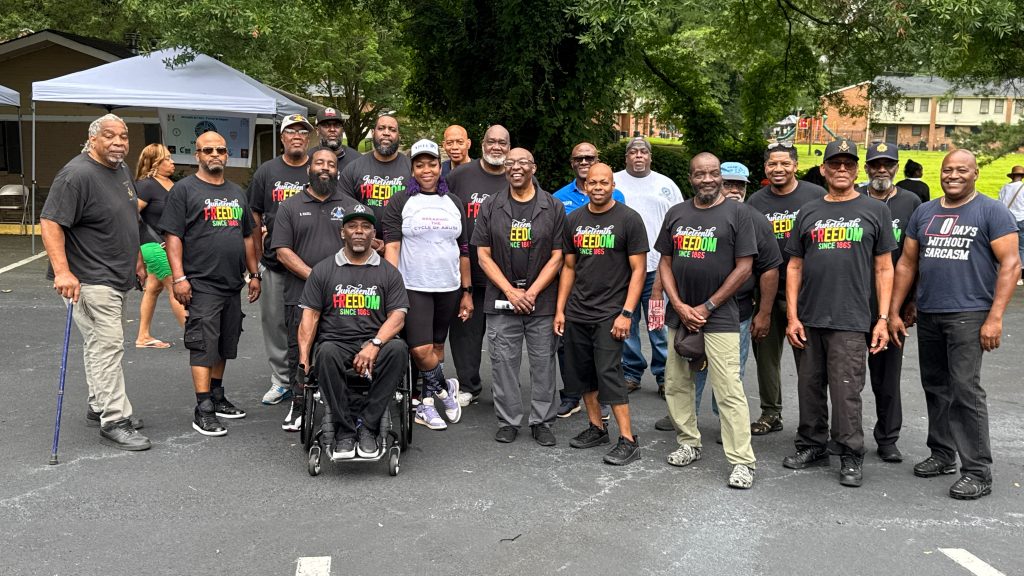
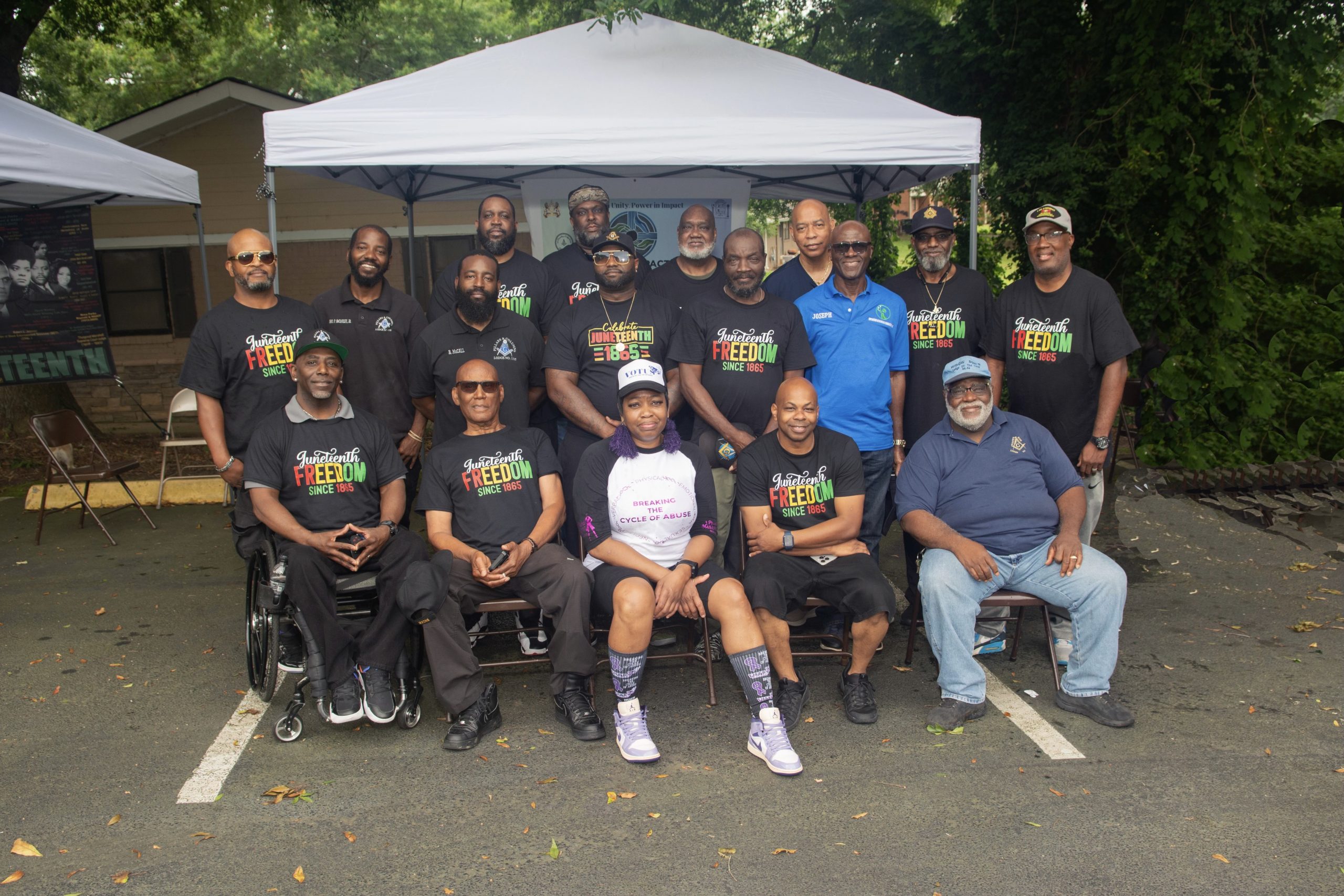


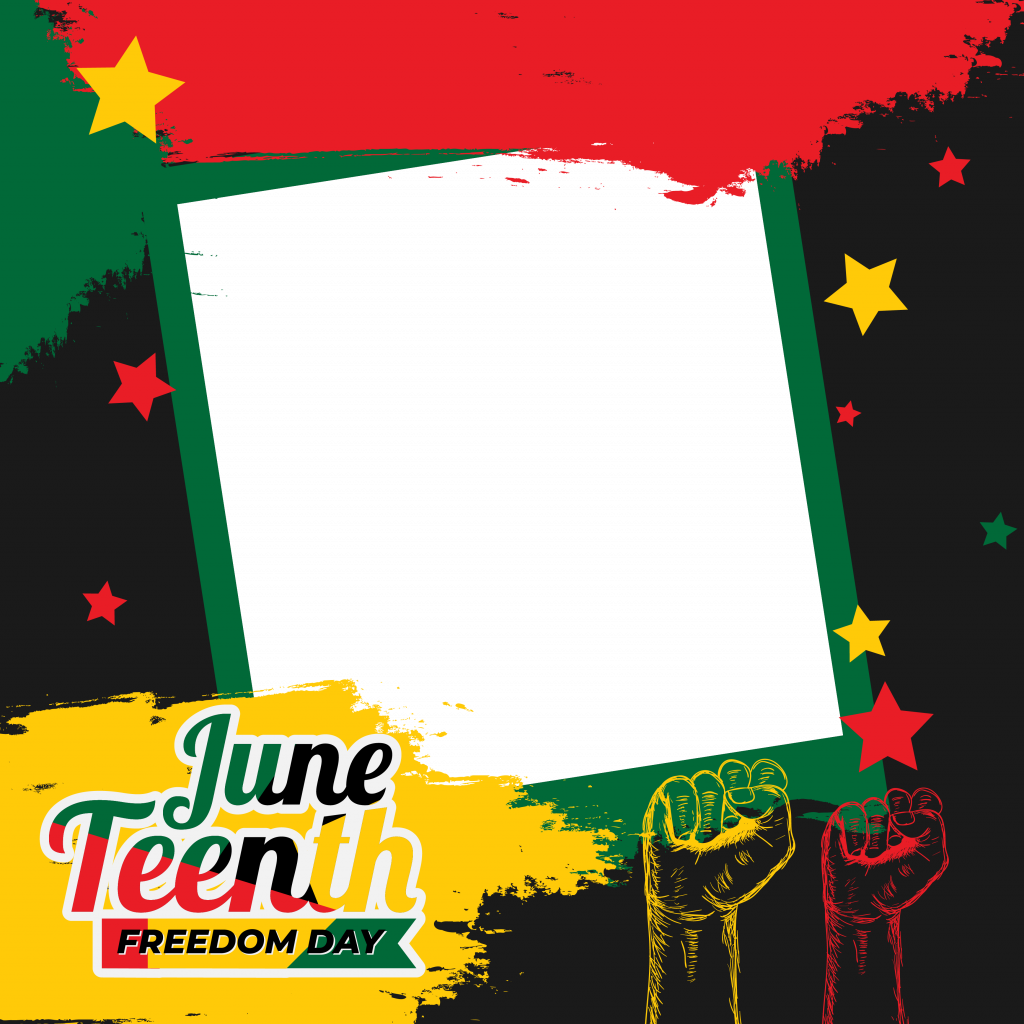
~A Closing Message from Dr. Jesse Hargrove~
Juneteenth 2025 Reflections, Activities, and involvement: There were numerous communities that sponsored programs, events, and activities to commemorate and celebrate Juneteenth around the nation. In 2025, the focus shifted from large scale parks filled with huge crowds to now, intimate community settings, and particularly museum spaces. Many children were on church grounds and more education-focused learning about the purpose of the Juneteenth Holiday which became officially recognized as a federal holiday on June 19, 2021. Enjoyed being invited to Atlanta and College Park, Georgia at Mt. Calvary Missionary Baptist Church. The children were very engaged. The Unity Coalition along with Cousins (Travis, Laticia. Tia, Albert, Betty, and Fred) made the 2025 Juneteenth special. Also, we celebrated in the High Museum of Art in Atlanta, with African Dance performance traditions and many visual art displays. Cousin Albert hosted a Grapevine Tour of the nine varieties of grapes. During enslavement, you often “heard it thru the Grapevine.” The restaurant eatery for Juneteenth was an Atlanta-area African throwback to the Gullah Geechee community in Charleston at Virgil’s Gullah Kitchen as seen on Good Morning America. Juneteenth Questions and Grapevine conversations include: Black majority cities and countries that must do more to improve community conditions. Also, Target Boycott: Are we a Sell Out to Ourselves?
Blessings forever Juneteenth
